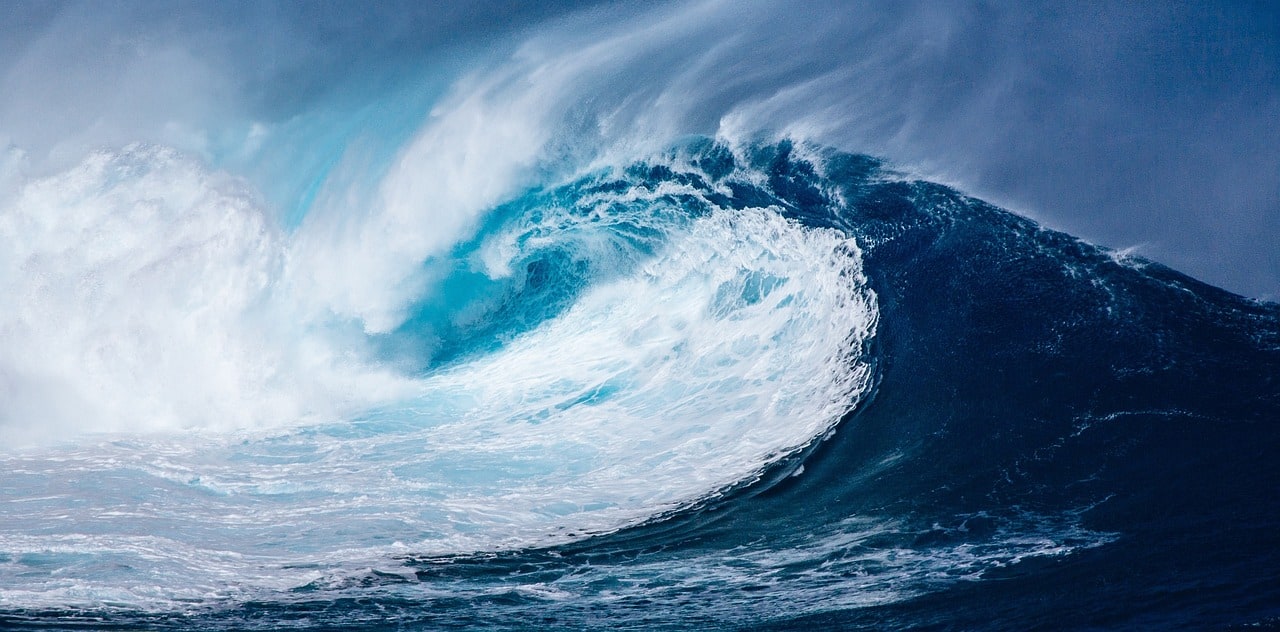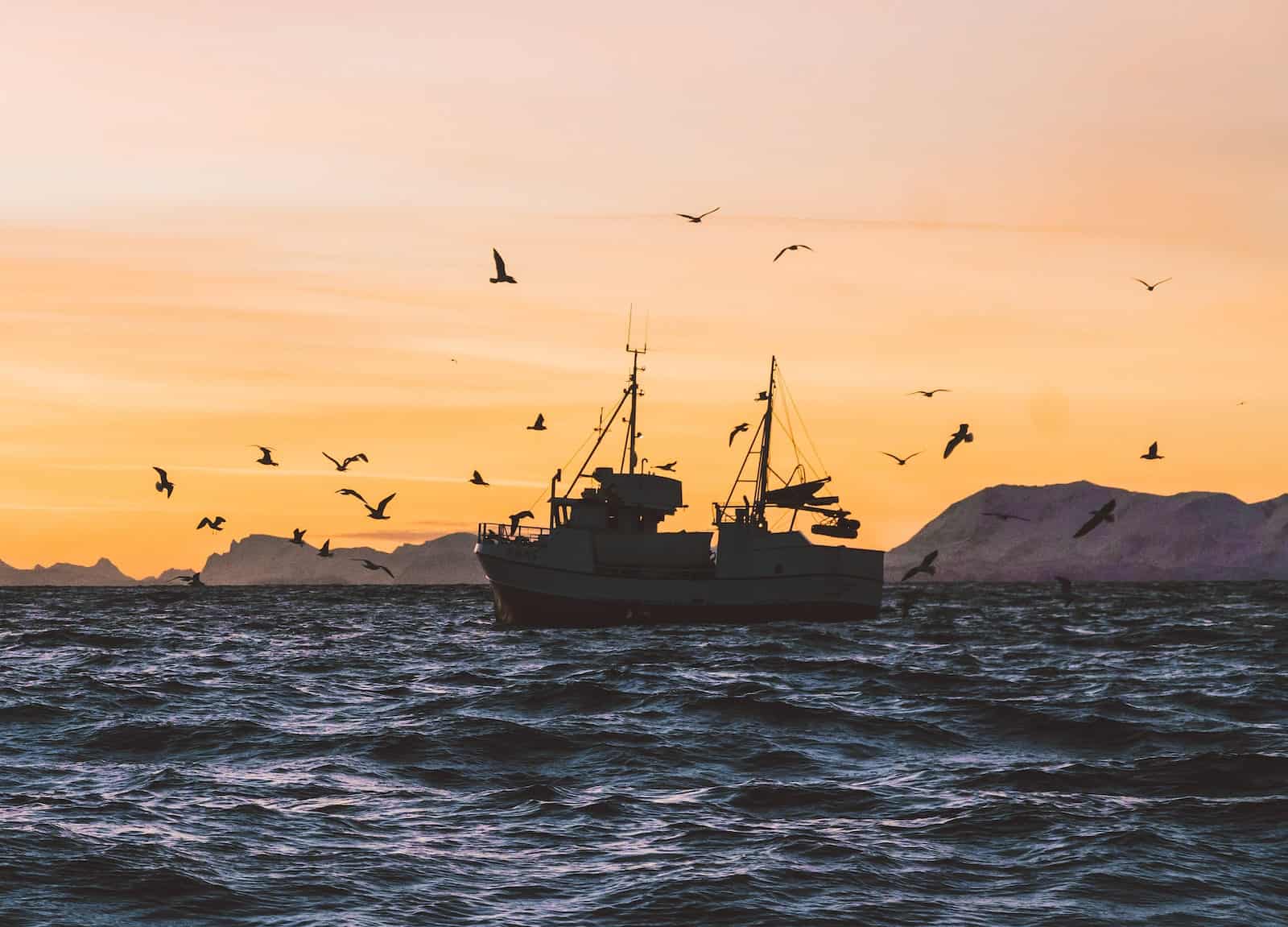International Instruments in Fisheries Governance
Exploitation of the global marine commons has led to the depletion of many major fish stocks and to a growing recognition of the need to take global collective action to limit exploitation of the oceans. Developments in the international law of the sea, and particularly the emergence of the United Nations Convention on the Law of the Sea in 1982 (UNCLOS, the Convention) and other associated agreements, have provided an essential framework for establishing a more adequate system of ocean governance.
The Convention elaborates a comprehensive regime for governance of the oceans, covering all aspects of ocean space from delimitation to environmental control, scientific research, fishing and other economic and commercial activities, technology and the settlement of disputes relating to ocean matters.
EEZ
The exclusive economic zone (EEZ), (UNCLOS, Arts. 55-75), was the most significant innovation in relation to the governance of marine fisheries resources in the second half of the twentieth century. By the time the Convention was agreed in 1982, more than 80 coastal States had declared EEZs, mostly of 200 nm.
Within this zone, the coastal State enjoys “sovereign rights for the purpose of exploring and exploiting, conserving and managing the natural resources, whether living or non-living” (Art. 56). It has the right to set a total allowable catch on the basis of the best scientific evidence available to it (Art. 61). This has established a legal right for coastal States to manage fisheries off their coasts and a framework within which coastal States can effectively limit access to their fisheries.
Fish Stocks Agreement
In the early 1990s, a consensus among States developed that the general provisions of the Convention requiring cooperation between States in the conservation and management of high seas fisheries resources (Arts. 117-120) needed strengthening. This led to the 1995 Agreement for the Implementation of the Provisions of the United Nations Convention on the Law of the Sea of 10 December 1982 Relating to the Conservation and Management of Straddling Fish Stocks and Highly Migratory Fish Stocks (UN, 1995), also known as the United Nations Fish Stocks Agreement (the Agreement).
The Agreement seeks to build upon two provisions of the Convention:
- All States have a duty to ensure that their nationals comply with conservation measures adopted for high seas stocks (UN-LOSC 1982, Art.117).
- On the high seas, States have jurisdiction over vessels flying their flag (UN-LOSC 1982, Arts. 90-98).
The Agreement provides for the establishment of regional fisheries management organizations. The Agreement sets out comprehensive areas in which such an organization will have competence covering scientific research, stock assessment, monitoring, surveillance, control and enforcement (Art. 10). The organization can limit participation by new entrants according to a set of criteria listed in Art. 11.
FAO Code of Conduct for Responsible Fishing
A number of other multilateral agreements further elaborate the evolving set of rules for fisheries governance. The Code of Conduct for Responsible Fishing (1995) inter alia spells out flag State responsibilities for the activities of fishing vessels flying its flag and seeks to advance management measures, by agreement among States, that improve the optimal and sustainable use of fisheries resources. The Agreement to Promote Compliance with International Conservation and Management Measures by Fishing Vessels on the High Seas (Resolution 15/93) similarly builds on flag State responsibility for fishing vessels flying its flag (Art. III) and operating on the high seas.
Other significant agreements
Other important agreements with significant implications for the management of fisheries resources are:
- Convention on Biological Diversity (1992),
- Convention on the Conservation of Antarctic Marine Living Resources (1982),
- World Heritage Convention (1972).
A range of other global and regional treaties exist that, in some cases, have a direct bearing on the governance of the fisheries sector.



